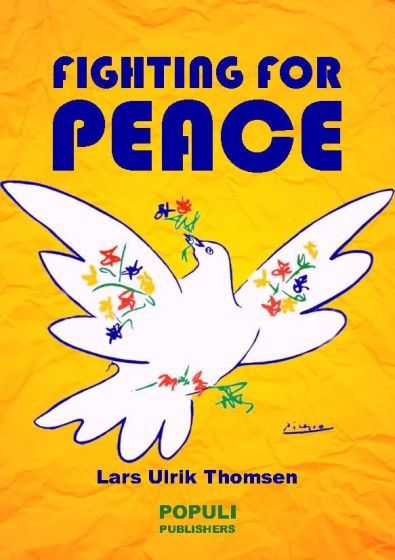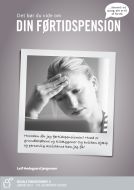Fighting for Peace
0,00 kr
511
ISBN
1699915
»Donna nobis Pacem - grant us peace!«
- JS Bach in B minor mass.
As the title indicates, the book deals with the struggle for peace and disarmament in the historical and current context. What experience did the labour- and the peace movement achieve from the outbreak of the first World War in 1914, till to today´s neo-colonial wars?
The second world war revealed an epoch-making discovery of atomic fission and its terrible consequences of Hiroshima and Nagasaki.
The public understanding of the consequences of this discovery is still very limited. Our concepts have scarcely changed, especially when it comes to understand the impermissible concept ´war´.
A special role in the book plays the different currents in the labour and peace movement and how they influenced the outcome of the struggle for peace in the 1980s; how it affected the social and economic conditions in both Eastern and Western Europe.
We can learn from the 20th century of experience, but we also may contribute independently to further development of the peace movement, thinking of today´s tasks.
We have to understand how we can connect economic and social issues, with the requirements of disarmament and demilitarization of the world community. We must ensure that the weapons of mass destruction of the superpowers that threatens to make the world an overall cemetery, are destroyed in due time. In Shakespeare´s tragedy Hamlet says:
»To be or not to be, that is the question -
Whether it´s Nobler in the mind to suffer
The Slings and Arrows of outrageous Fortune,
Or to take Arms against a Sea of troubles,
And by opposing end them?«
Hamlet finally took a stand against injustice - so must we do. We must learn from the 20th century experiences, and put a definitive end to all wars before it is too late!
- JS Bach in B minor mass.
As the title indicates, the book deals with the struggle for peace and disarmament in the historical and current context. What experience did the labour- and the peace movement achieve from the outbreak of the first World War in 1914, till to today´s neo-colonial wars?
The second world war revealed an epoch-making discovery of atomic fission and its terrible consequences of Hiroshima and Nagasaki.
The public understanding of the consequences of this discovery is still very limited. Our concepts have scarcely changed, especially when it comes to understand the impermissible concept ´war´.
A special role in the book plays the different currents in the labour and peace movement and how they influenced the outcome of the struggle for peace in the 1980s; how it affected the social and economic conditions in both Eastern and Western Europe.
We can learn from the 20th century of experience, but we also may contribute independently to further development of the peace movement, thinking of today´s tasks.
We have to understand how we can connect economic and social issues, with the requirements of disarmament and demilitarization of the world community. We must ensure that the weapons of mass destruction of the superpowers that threatens to make the world an overall cemetery, are destroyed in due time. In Shakespeare´s tragedy Hamlet says:
»To be or not to be, that is the question -
Whether it´s Nobler in the mind to suffer
The Slings and Arrows of outrageous Fortune,
Or to take Arms against a Sea of troubles,
And by opposing end them?«
Hamlet finally took a stand against injustice - so must we do. We must learn from the 20th century experiences, and put a definitive end to all wars before it is too late!
| Undertitel | 2.edition |
|---|---|
| Forlag | Populi |
| Indbinding | 11 |
| Product Type | 1 |
| Sideantal | 130 |
| Oplag | 0 |
| Udgave | 0 |
| Sprog | eng |
| Illustreret i farver/sh | Nej |



